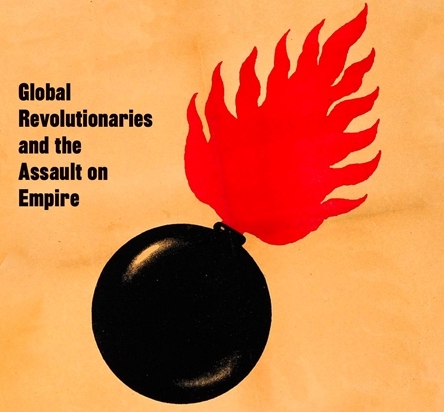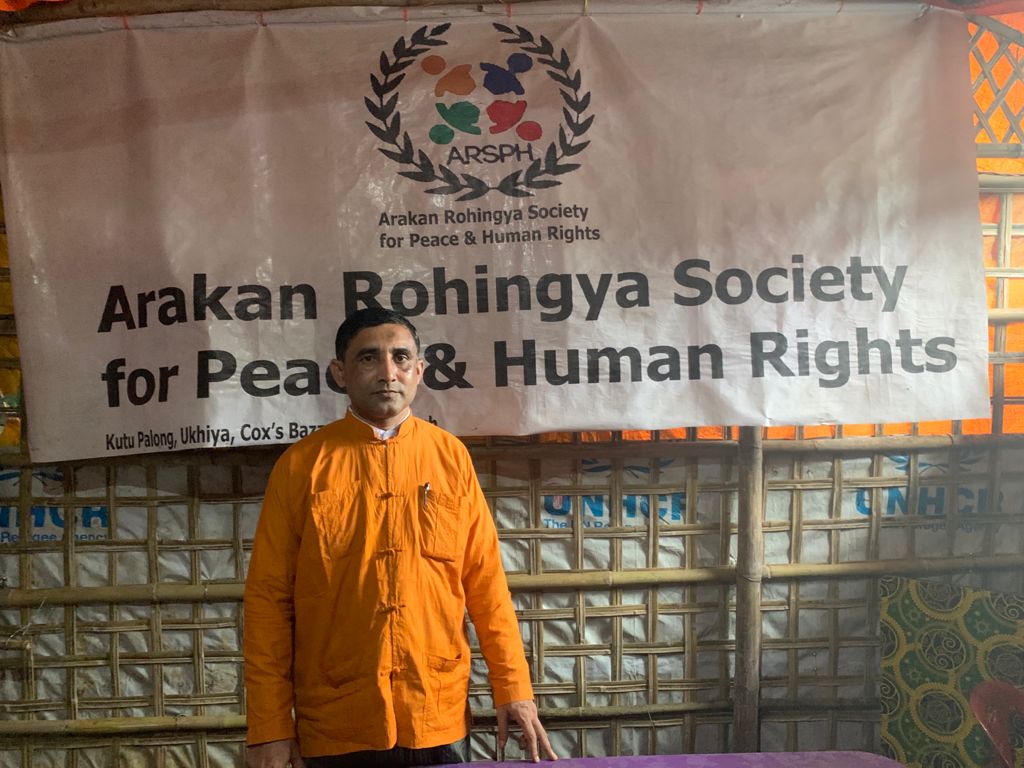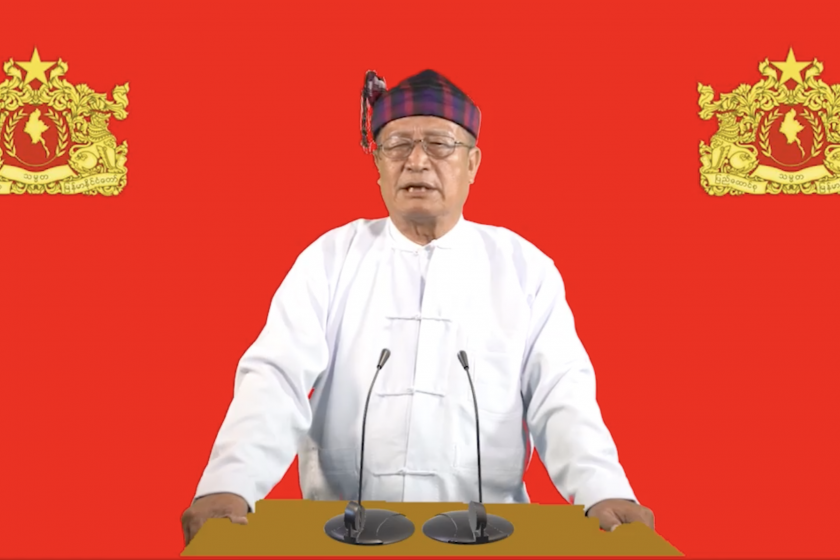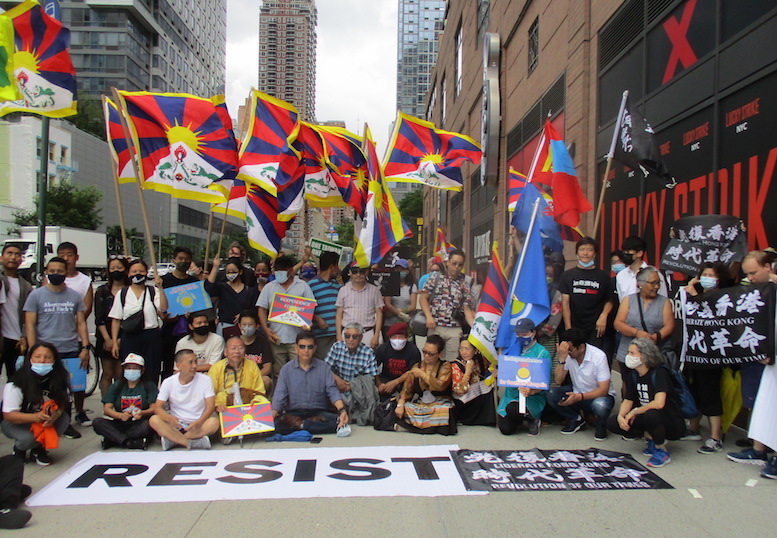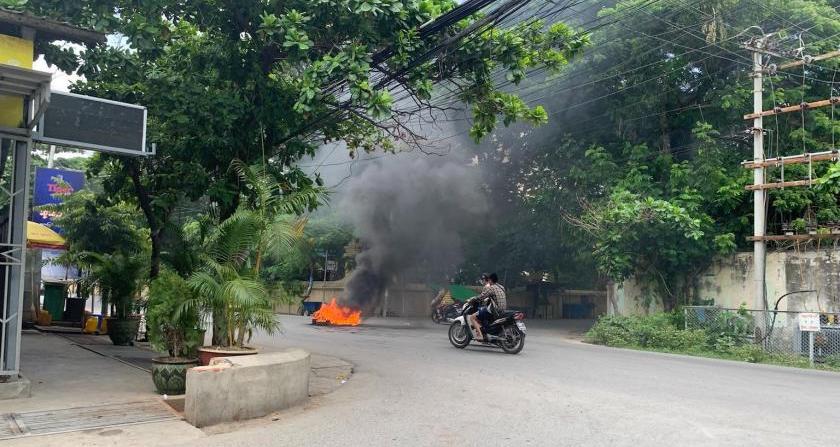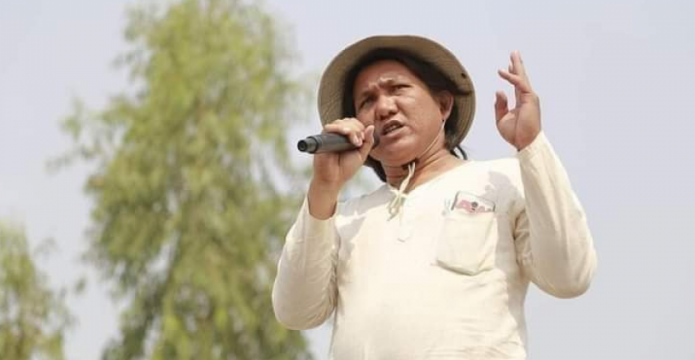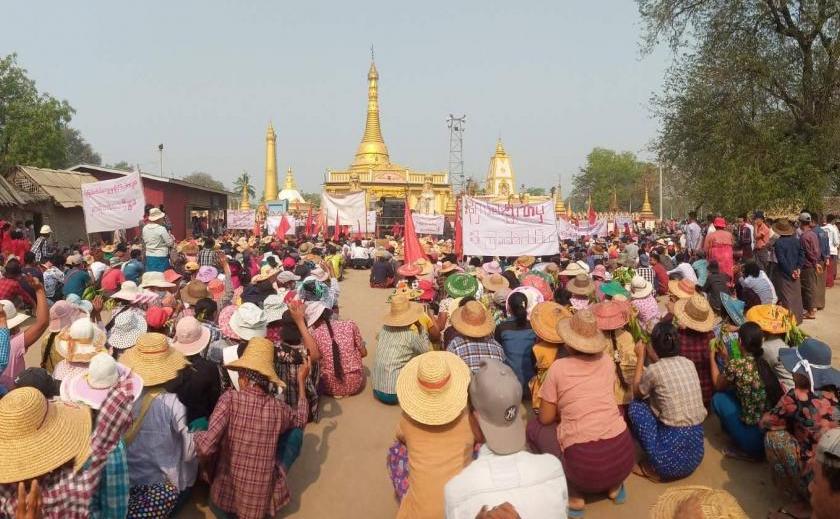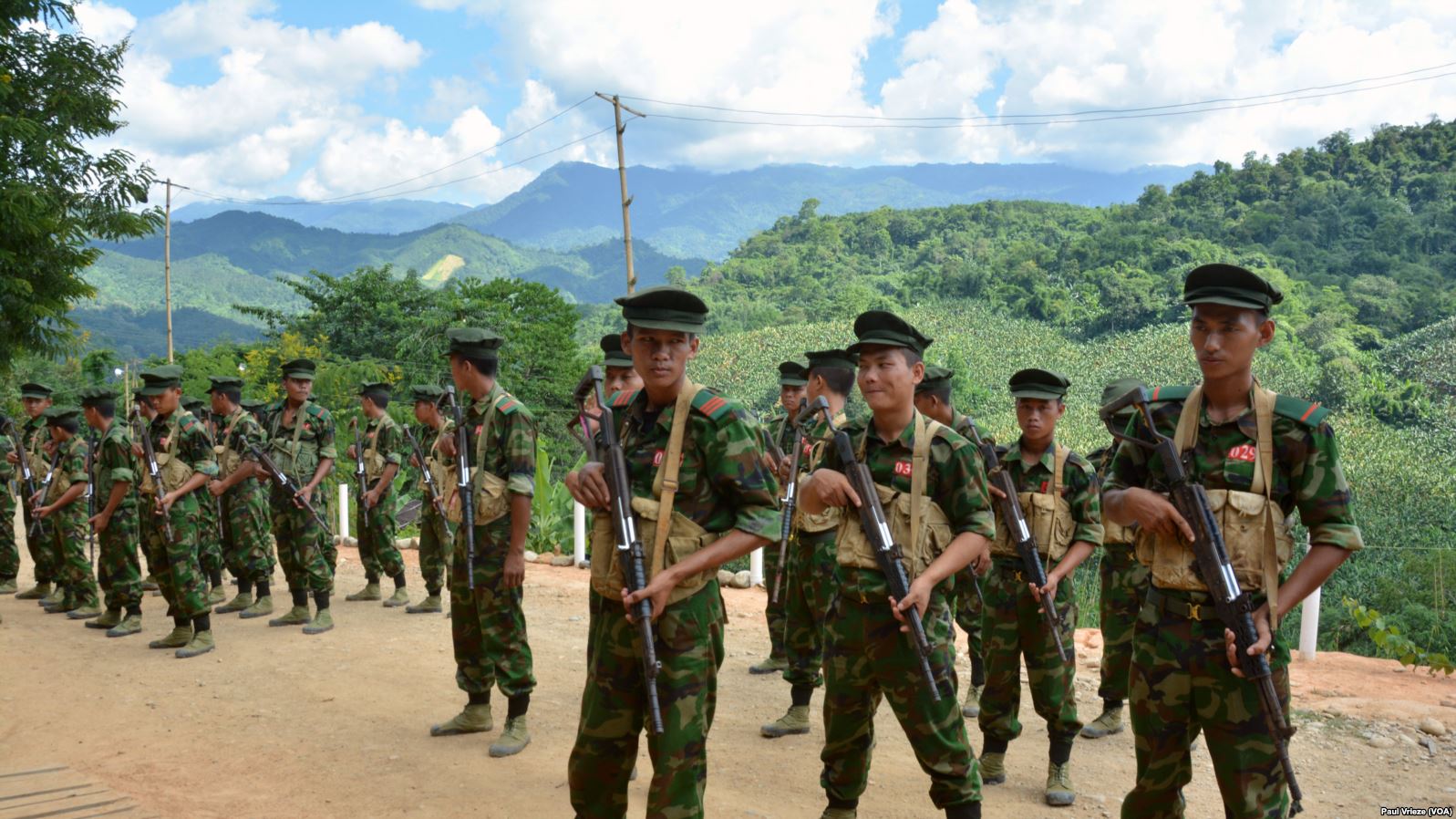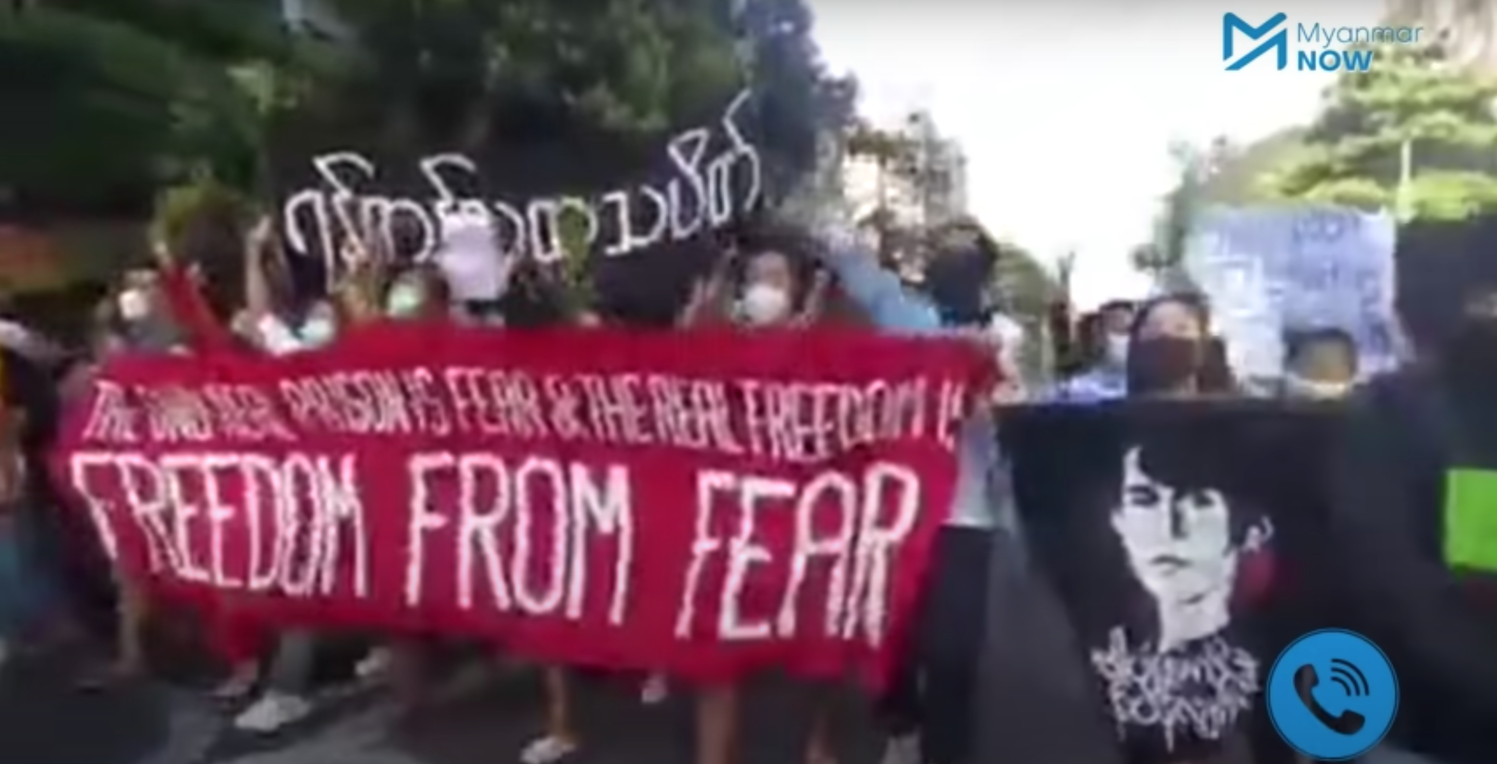
Burma: resistance escalates as Suu Kyi sentenced
Ousted Burmese leader Aung San Suu Kyi was found guilty of “incitement” and breaking COVID restrictions—the first of a series of 11 charges that could see her imprisoned for life.Despite harsh repression, protests continue against the junta—now usually organized through social media as “flash mobs.” The day before Suu Kyi’s sentencing, a military truck rammed into a crowd of protesters in Yangon, with troops firing on the fleeing demonstrators. At least five were killed. The armed resistance network known as the People’s Defense Force (PDF) has meanwhile carved out a liberated zone in the northern Irrawaddy plains. Thousands of locals have fled their homes amid attacks by junta soldiers as part of Operation Anawrahta, a military campaign aimed at crushing the armed resistance. (Photo: Myanmar Now)



